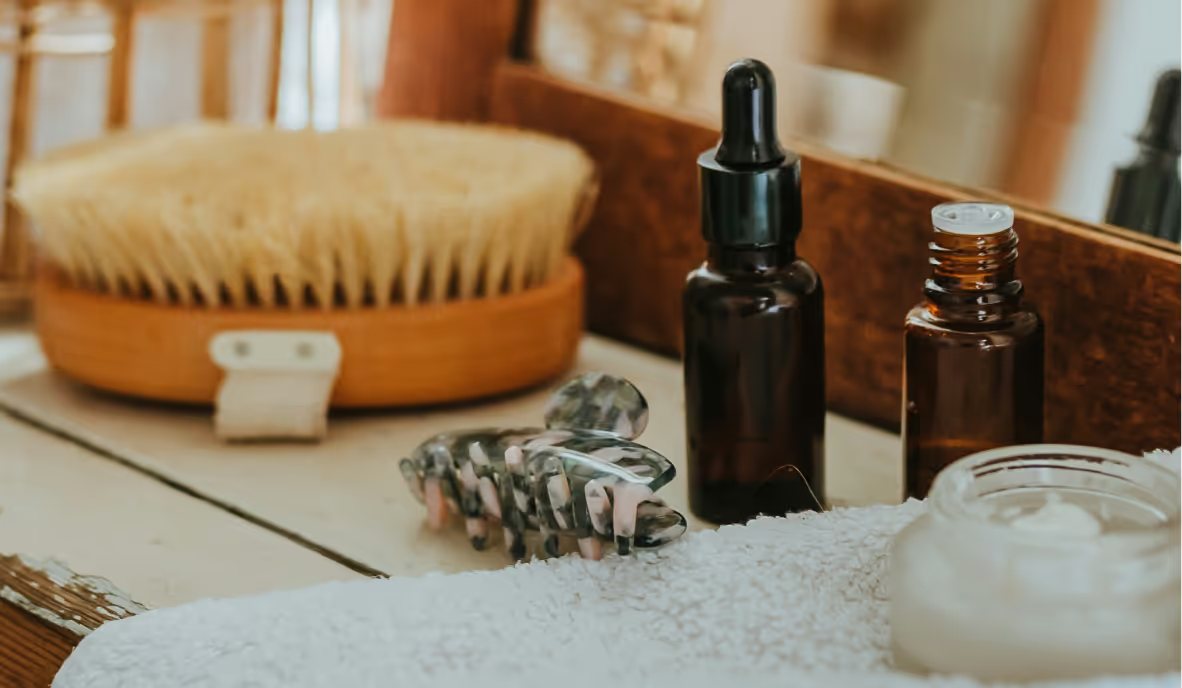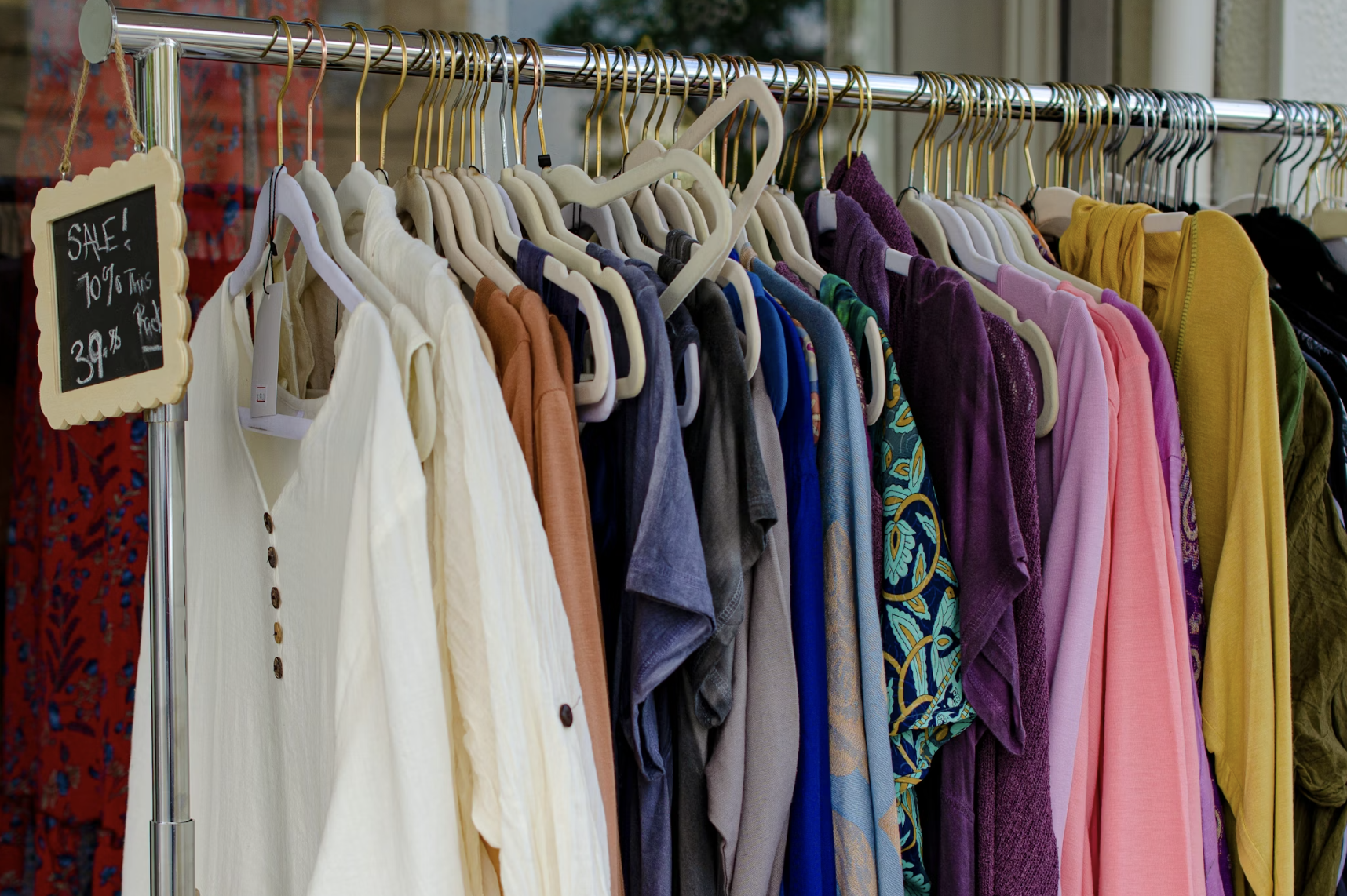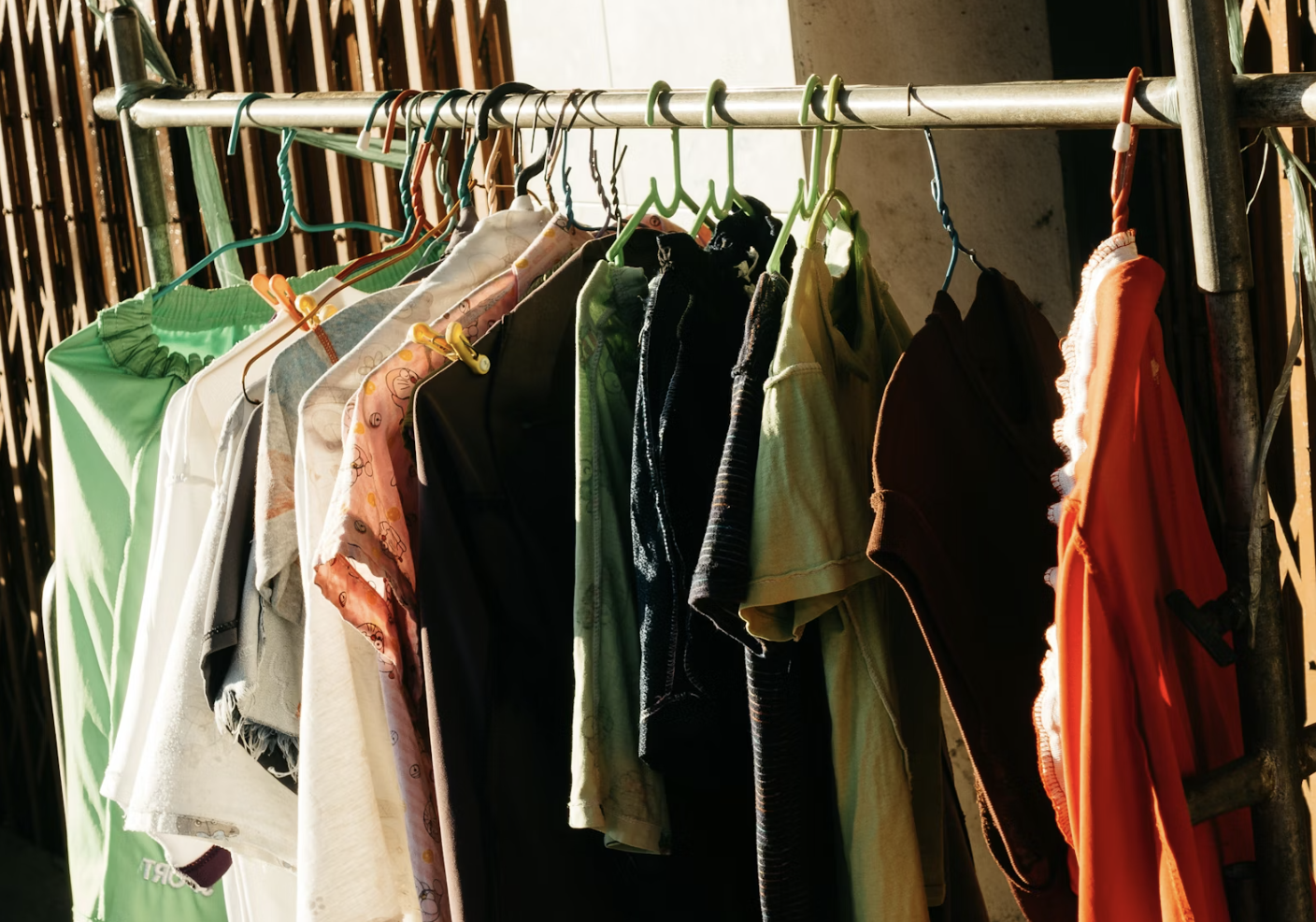What Are Parabens and Should You Avoid Them?

Join the community





If you've ever flipped over a shampoo bottle or moisturizer to check the ingredients, you've probably noticed words ending in -paraben. But what exactly are parabens, and why are more and more people avoiding them? Let's break it down.
Where Do Parabens Come From?
Parabens are a group of synthetic chemicals used as preservatives. They were first introduced in the 1920s to prevent the growth of bacteria and mold in personal care and cosmetic products.
Chemically, parabens are esters of para-hydroxybenzoic acid (PHBA), a compound that occurs naturally in many fruits and vegetables. In plants, PHBA helps protect against microbes, and the parabens used in products mimic this function. But the parabens added to cosmetics are produced from fossil fuel derivatives.
What Products Contain Parabens?
Parabens are found in a wide range of products we use every day, including:
- Skincare: moisturizers, lotions, cleansers
- Haircare: shampoos, conditioners, styling products
- Makeup: foundations, mascaras, lipsticks
- Personal hygiene: deodorants, shaving creams, toothpaste
- Pharmaceuticals and food: preservatives in certain medicines and processed foods
The most common types include methylparaben, ethylparaben, propylparaben, and butylparaben.
{{cta-join2}}
Why Are Parabens Used in These Products?
Parabens are widely used because they prevent the growth of harmful bacteria, mold, and yeast, especially in water-based products, where microbes thrive. By damaging the membranes of microbial cells, parabens stop them from multiplying, keeping products safe and usable for longer periods.
Think of parabens like tiny nightclub bouncers standing outside your shampoo bottle. Their job? Kick out any unwanted party crashers like bacteria, mold, or yeast trying to sneak in and ruin the vibe. Without these bouncers, your lotion would basically turn into a wild germ rave — smelly, spoiled, and totally unsafe to use. Without preservatives like parabens, many products would spoil quickly, develop odors, or become unsafe to use.
Their effectiveness, low cost, and broad-spectrum antimicrobial action have made parabens a go-to preservative in the cosmetic and personal care industries for nearly a century.
Why Are Parabens Dangerous for Our Health and the Planet?
Despite their usefulness, parabens have sparked controversy due to potential health and environmental risks:
- Hormone disruption: Parabens can mimic estrogen in the body, binding to estrogen receptors and potentially interfering with hormone function. Some studies have linked high exposure to parabens with fertility issues, breast cancer risk, and developmental problems, although more research is needed for conclusive evidence.
- Skin irritation: People with sensitive skin or allergies may experience dermatitis or rashes from paraben-containing products.
- Environmental impact: Parabens washed down the drain end up in waterways, where they've been detected in marine organisms. Research shows they may accumulate in aquatic life and disrupt hormonal systems in wildlife, too.
While regulatory bodies like the FDA and European Commission allow certain parabens in limited concentrations, growing consumer awareness has driven demand for paraben-free options.
How Can You Spot Parabens in Products?
Look at the ingredient list on product packaging. Parabens are typically listed with names ending in “-paraben”, such as:
- Methylparaben
- Ethylparaben
- Propylparaben
- Butylparaben
- Isobutylparaben
Some brands also highlight “paraben-free” on their labels, making it easier to identify alternatives.
What Are Safer Alternatives to Parabens?
As more consumers seek cleaner options, many brands are switching to alternative preservatives that aim to be gentler on health and the environment. These include:
- Potassium sorbate and sodium benzoate: food-grade preservatives effective against mold and yeast
- Benzyl alcohol: naturally occurring in some fruits and teas, used in natural formulations.
- Essential oils: oils such as tea tree oil or rosemary extract, though less potent and shorter-lived as preservatives.
It’s worth noting that no preservative is perfect — even natural ones can trigger sensitivities or be less effective. But for many, reducing or avoiding parabens is a step toward safer and cleaner beauty. Progress over perfection is the mantra.











